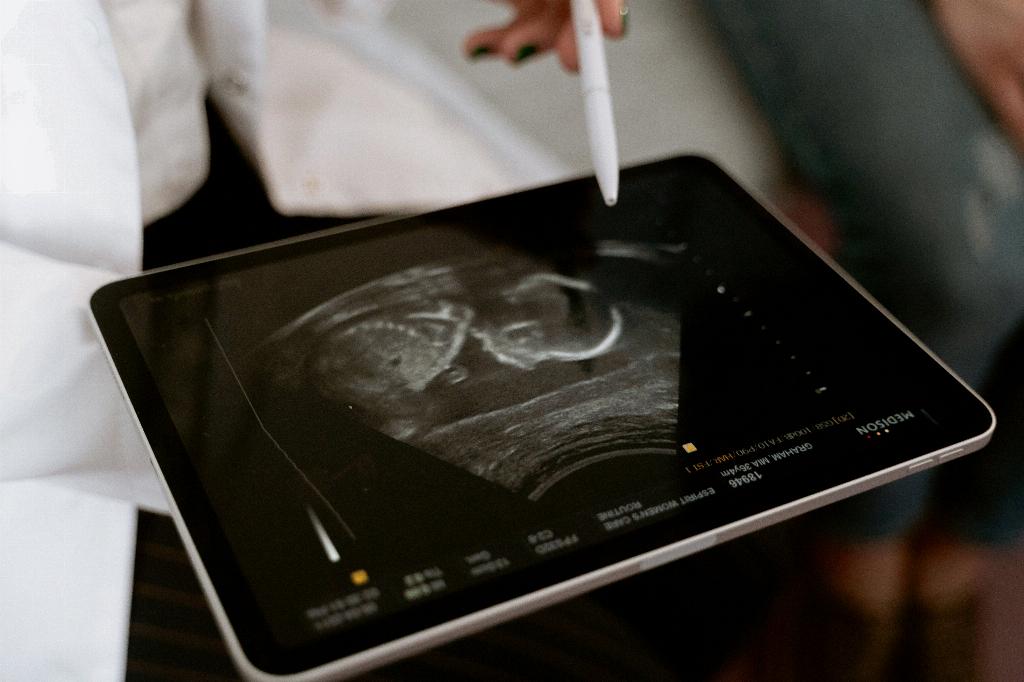Many individuals wonder if it’s possible to detect pregnancy before missing a period. The truth is that some early signs of pregnancy can surface even before your expected menstrual cycle. These signs may vary from person to person but are worth noting for those trying to conceive or those concerned about a potential pregnancy.
Common Early Pregnancy Symptoms
Some common early pregnancy symptoms include a missed period, sore or tender breasts, fatigue, and morning sickness. While a missed period is a hallmark sign of pregnancy, other symptoms like breast tenderness and fatigue can also signal pregnancy before your period is due. Morning sickness, which includes nausea and vomiting, can also occur in the early stages of pregnancy.
Changes in Your Body
Before a missed period, some individuals may notice subtle changes in their bodies that hint at pregnancy. These changes can include frequent urination, bloating, and mood swings. These physical and emotional changes can be early indicators of pregnancy even before a missed period.
Implantation Bleeding
Implantation bleeding, which occurs when the fertilized egg attaches to the uterine lining, can be mistaken for a light period. This type of bleeding is usually lighter and shorter in duration than a regular period and can happen around the time of your expected period, or even a few days before. It is one of the early signs of pregnancy that can occur before a missed period.
Changes in Sense of Smell
Some individuals may experience changes in their sense of smell before their period is due. Heightened sense of smell or aversions to certain odors can be early signs of pregnancy. These sensory changes can be quite subtle but may be a clue that you are pregnant before a missed period.
At-Home Pregnancy Tests
If you suspect you may be pregnant before missing a period, taking an at-home pregnancy test can provide clarity. These tests can detect the pregnancy hormone hCG in your urine, usually a few days before your missed period. Be sure to follow the instructions on the test kit carefully for accurate results.
Consulting a Healthcare Professional
If you experience early signs of pregnancy but are unsure about the results of an at-home test, consulting a healthcare professional can provide you with further guidance. A blood test conducted by a doctor can confirm pregnancy even before a missed period. They can also offer advice on prenatal care and next steps.
Keeping Track of Symptoms
Keeping a record of any symptoms you experience before your expected period can be helpful in determining if you are pregnant. Note any changes in your body, mood, or energy levels. This can also be valuable information to share with your healthcare provider during a consultation.
Managing Early Pregnancy Symptoms
If you are pregnant and experiencing symptoms like morning sickness or fatigue before your missed period, there are steps you can take to manage these discomforts. Eating small, frequent meals, staying hydrated, and getting adequate rest can help alleviate some of these early pregnancy symptoms.
Emotional Considerations
Discovering that you may be pregnant before your expected period can bring about a mix of emotions. It’s important to give yourself time to process this news and seek support from loved ones or a counselor if needed. Pregnancy is a significant life event, and having emotional support can make the journey easier.
Next Steps and Planning
If you confirm that you are pregnant before a missed period, you may want to start thinking about your next steps and planning for the future. This can include considering prenatal care, lifestyle adjustments, and discussing the news with your partner or family members. Taking proactive steps can help you feel more prepared for the months ahead.
Final Thoughts
In conclusion, while a missed period is a strong indicator of pregnancy, several early signs and symptoms can suggest pregnancy before your expected menstrual cycle. Paying attention to your body, taking an at-home pregnancy test, and seeking guidance from a healthcare professional can provide you with clarity and support during this pivotal time.

